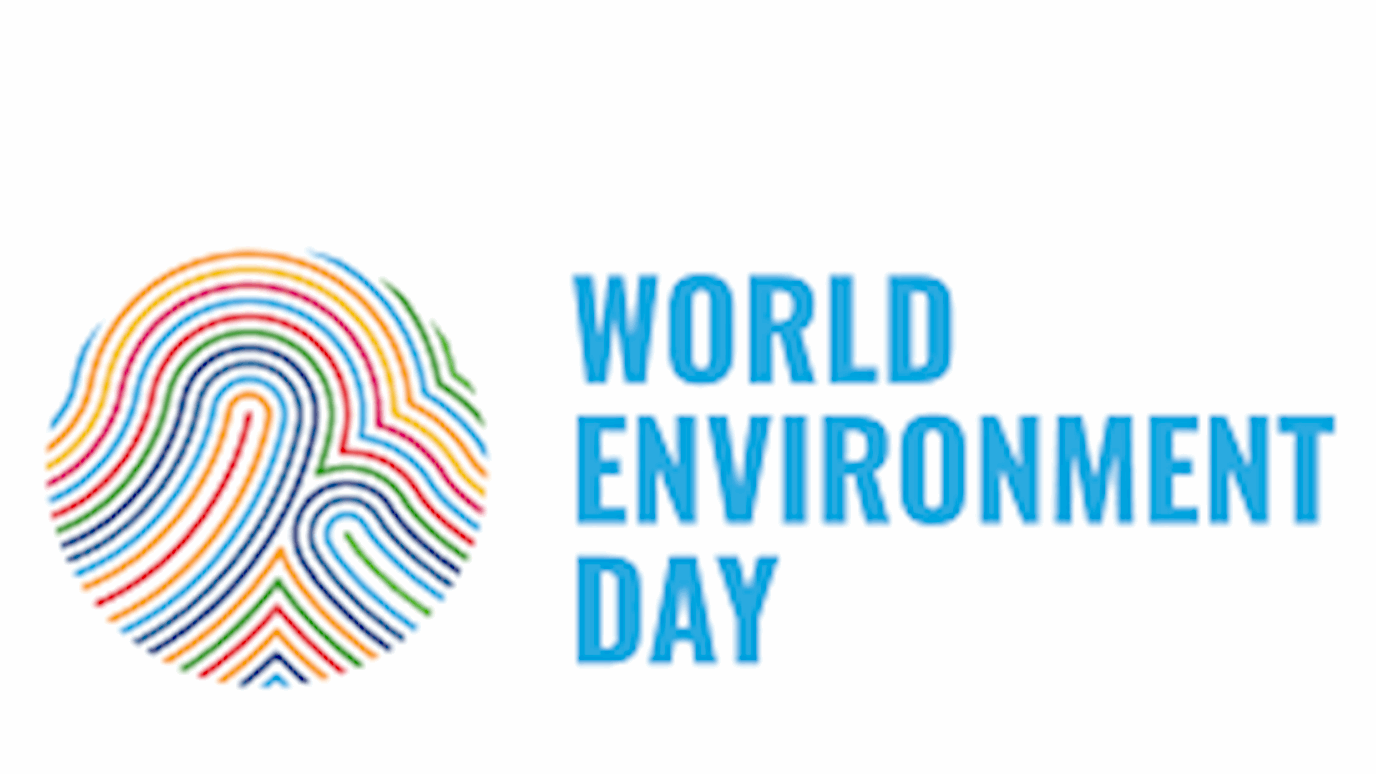The 2022 World Environment Day campaign #OnlyOneEarth calls for collective, transformative action on a global scale to celebrate, protect and restore the planet.

World Environment Day is celebrated annually on 5 June. The host country of the World Environment Day 2022 celebrations is Sweden.
Since 1973, this occurrence has developed into a global platform for raising environmental awareness and acting on urgent planetary issues. World Environment Day puts a global spotlight on the pressing environmental challenges of our times. This UN international day has become the largest global platform for environmental outreach, with millions of people from across the world engaging to protect the planet.
This year celebrations adopted the hashtag #OnlyOneEarth, suggesting that all of us should do as much as we can to preserve and protect the environment, we live in. The website features a large and promising number of news stories, that showcase what countries are doing to protect our environment. It is encouraging to see positive examples from all over the world, including developing countries such as Somalia and even Egypt, the country that will host 27th session of the Conference of the Parties (COP 27) to the UN Climate Change Conference 2022.
How can legal rules contribute to this collective effort to save the planet? Are more developed countries such as the UK fully committed to leading the efforts towards mitigating the effect of climate change?
Dr Eugenio Vaccari (Lecturer in Law) recently conducted some research on the law applicable to “polluters in distress”, meaning companies that are struggling to keep afloat and operate on the market due to environmental liabilities. These liabilities may be associated with the specific business carried out by the company, or they may be the result of fines and cleaning-up orders issued by regulatory authority for breaching environmental legislation.
If a country is serious about prioritizing the collective interest to preserve the environment over private returns to investors, creditors and other interested stakeholders, these liabilities should be taken seriously. Polluters should not be given any or very limited chances of discarding such obligations.
In recent comparative research submitted to the International Insolvency Institute, Dr Vaccari observed that English courts used to recognize broad protection to the collective interest of the communities to preserve the environment over the equally collective but subordinate interest of the creditors to maximise their returns in corporate insolvency procedures (Re Mineral Resources Ltd [1999] 1 All ER 746). Similar approaches are still followed in countries such as Canada - Orphan Well Association v Grant Thornton Ltd (2019) SCC 5 (Sup Ct (Can)) – and New Zealand – Tubbs v Futurity Investments [1998] 1 N.Z.L.R. 471 –.


However, more recently in Re Celtic Extraction Ltd (in liq.) [2001] Ch. 475 (CA) (which was effectively an appeal from Re Mineral Resources), the Court of Appeal held that environmental liabilities can be discarded on the collectivity and treated as any other unprofitable property or contract. In other words, in this and more recent cases, English courts have consistently held that the “polluter pays” principle introduced by s.35(11) Environmental Protection Act 1990 to give effect to Council Directive 72/442/EEC 15 July 1975 on Waste [1975] (OJ L 194) is not strong enough to prevail over the special insolvency rules regulating the discharge of onerous licences.
What does this “story” tell us? Does it suggest that judges are not concerned with the preservation of our environment? Not really. What it may suggest is that judges have been asked to find policy solutions for poorly framed provisions without the help of clear statutory guidance. Judges cannot operate in the absence of a clear normative framework because they may fail to either identify the proper legislative purpose of existing laws or to properly use the powers bestowed on them to achieve that purpose.
These cases shed light on the risks that frequently overlooked statutory provisions may cause to our collective effort to preserve the environment we live in. The fight against climate change and for the preservation of our environment is a collective one, in which small things matter. Hopefully, events like the World Environment Day will further increase pressure on all relevant stakeholders from all over the world – including lawmakers in developed countries – to raise environmental awareness and to act on environmental issues.
























